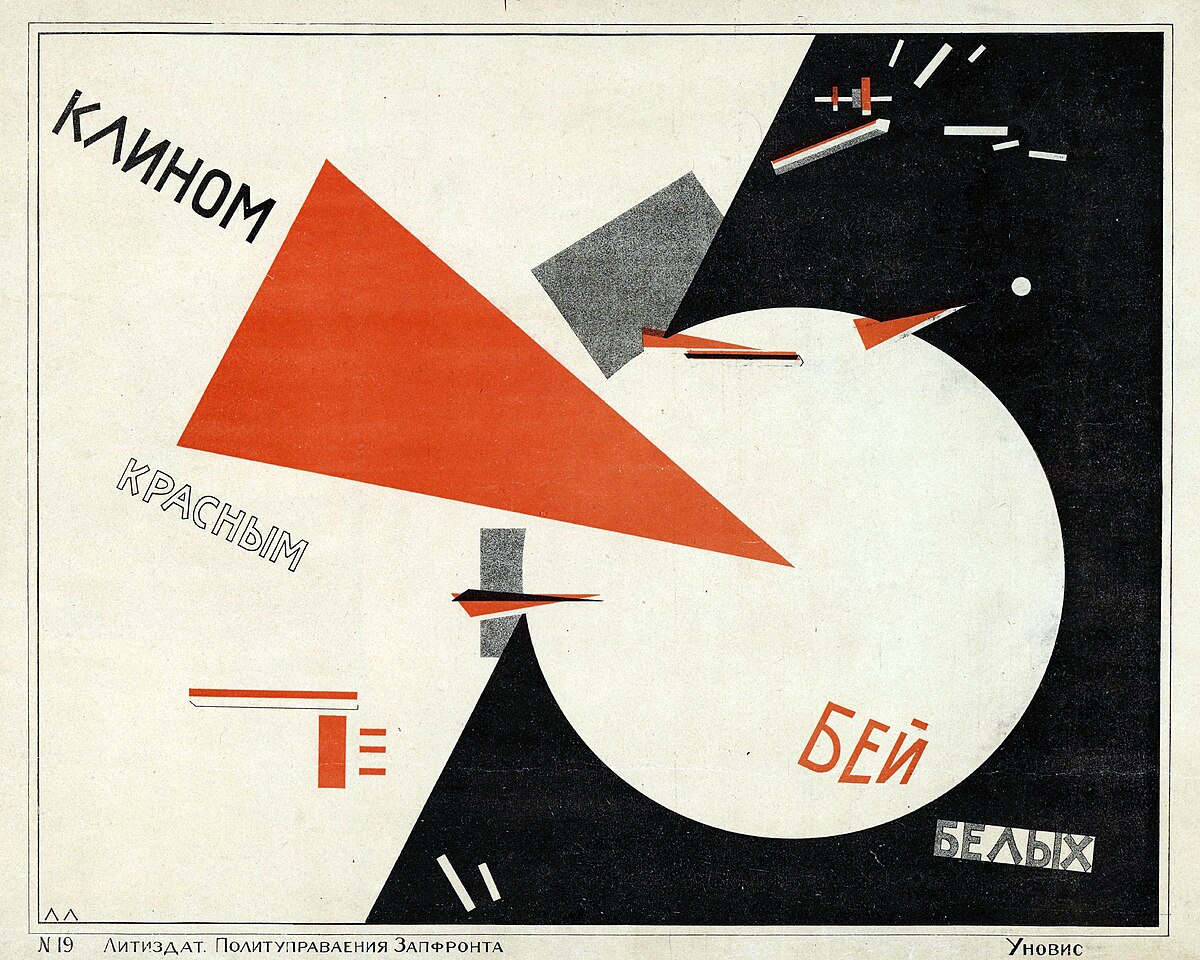My sources for the preamble come mostly from here, here, and here.
The thread image depicts Kenyan police, trained by the Zionist entity, in a meeting with President Ruto before being sent to Haiti, sourced from this article.
As has been planned for the last couple years, foreign police officers have been inside Haiti for a few months now. It will surprise nobody to learn that this has not gone very well. Gangs continue to control much of the country, and violence has continued in the form of massacres and forced relocations (approximately 1.3 million). Something like 80% of the capital, Port-au-Prince, is under the control of one gang or another.
The aim by the US was to import 2500 police officers to Haiti from a wide variety of countries. One of those was Kenya; President Ruto had to fight his own country’s courts to force this through, and ironically is now apparently considering withdrawing those officers once the UN mandate expires on October 2nd. The issue here is not only the limited manpower (Haiti has a population of 12 million), but also very pedestrian things, like the fact that the officers who arrive don’t even speak the language.
The situation in Haiti appears to be a fairly standard operation of American national control, in which both battling sides are being supported by the US in order to create maximum disorganization and prevent a coherent political force from arising and thus threatening their Caribbean interests. While the US funds foreign forces to arrive in Haiti to “control the situation” or similar justifications, the Haitian gangs get their weapons smuggled in from the US itself. That this is happening alongside escalations against Venezuela is obviously not a coincidence - in a world in which American interests are being gradually shrugged off, and where the American state military is becoming rapidly more impotent and unable to dissuade and defeat even tiny states like Yemen, total imperial dominion of their immediate surrounding territory must be ensured by any means necessary.
The police and the gangs are likely designed to be mutually reinforcing, without even much kayfabe of fighting each other. As an example, once the Kenyan police arrived, they immediately began brutalizing anti-government protestors instead of focussing on gang activity. They were trained by the Zionist entity, after all.
Last week’s thread is here.
The Imperialism Reading Group is here.
Please check out the RedAtlas!
The bulletins site is here. Currently not used.
The RSS feed is here. Also currently not used.
Israel's Genocide of Palestine
Sources on the fighting in Palestine against the temporary Zionist entity. In general, CW for footage of battles, explosions, dead people, and so on:
UNRWA reports on Israel’s destruction and siege of Gaza and the West Bank.
English-language Palestinian Marxist-Leninist twitter account. Alt here.
English-language twitter account that collates news.
Arab-language twitter account with videos and images of fighting.
English-language (with some Arab retweets) Twitter account based in Lebanon. - Telegram is @IbnRiad.
English-language Palestinian Twitter account which reports on news from the Resistance Axis. - Telegram is @EyesOnSouth.
English-language Twitter account in the same group as the previous two. - Telegram here.
English-language PalestineResist telegram channel.
More telegram channels here for those interested.
Russia-Ukraine Conflict
Examples of Ukrainian Nazis and fascists
Examples of racism/euro-centrism during the Russia-Ukraine conflict
Sources:
Defense Politics Asia’s youtube channel and their map. Their youtube channel has substantially diminished in quality but the map is still useful.
Moon of Alabama, which tends to have interesting analysis. Avoid the comment section.
Understanding War and the Saker: reactionary sources that have occasional insights on the war.
Alexander Mercouris, who does daily videos on the conflict. While he is a reactionary and surrounds himself with likeminded people, his daily update videos are relatively brainworm-free and good if you don’t want to follow Russian telegram channels to get news. He also co-hosts The Duran, which is more explicitly conservative, racist, sexist, transphobic, anti-communist, etc when guests are invited on, but is just about tolerable when it’s just the two of them if you want a little more analysis.
Simplicius, who publishes on Substack. Like others, his political analysis should be soundly ignored, but his knowledge of weaponry and military strategy is generally quite good.
On the ground: Patrick Lancaster, an independent and very good journalist reporting in the warzone on the separatists’ side.
Unedited videos of Russian/Ukrainian press conferences and speeches.
Pro-Russian Telegram Channels:
Again, CW for anti-LGBT and racist, sexist, etc speech, as well as combat footage.
https://t.me/aleksandr_skif ~ DPR’s former Defense Minister and Colonel in the DPR’s forces. Russian language.
https://t.me/Slavyangrad ~ A few different pro-Russian people gather frequent content for this channel (~100 posts per day), some socialist, but all socially reactionary. If you can only tolerate using one Russian telegram channel, I would recommend this one.
https://t.me/s/levigodman ~ Does daily update posts.
https://t.me/patricklancasternewstoday ~ Patrick Lancaster’s telegram channel.
https://t.me/gonzowarr ~ A big Russian commentator.
https://t.me/rybar ~ One of, if not the, biggest Russian telegram channels focussing on the war out there. Actually quite balanced, maybe even pessimistic about Russia. Produces interesting and useful maps.
https://t.me/epoddubny ~ Russian language.
https://t.me/boris_rozhin ~ Russian language.
https://t.me/mod_russia_en ~ Russian Ministry of Defense. Does daily, if rather bland updates on the number of Ukrainians killed, etc. The figures appear to be approximately accurate; if you want, reduce all numbers by 25% as a ‘propaganda tax’, if you don’t believe them. Does not cover everything, for obvious reasons, and virtually never details Russian losses.
https://t.me/UkraineHumanRightsAbuses ~ Pro-Russian, documents abuses that Ukraine commits.
Pro-Ukraine Telegram Channels:
Almost every Western media outlet.
https://discord.gg/projectowl ~ Pro-Ukrainian OSINT Discord.
https://t.me/ice_inii ~ Alleged Ukrainian account with a rather cynical take on the entire thing.
GSF announced italy is deploying a naval vessel to safeguard Italian nationals on the flotilla, seems like a big deal to me
We note the announcement of the Italian Ministry of Defence regarding the deployment of a naval vessel to the area of the GSF, with the stated purpose of safeguarding Italian nationals aboard.
We welcome the recognition by Minister Crosetto of the democratic and non-violent nature of our mission, and his condemnation of the recent attacks on our vessels.
Earlier today, we called on all UN Member States—and in particular those whose nationals are aboard our ships—to ensure and facilitate effective protection, including maritime escort, accredited diplomatic observers, and an overt protective State presence. Italy has now taken a first step in this direction.
We emphasise that such measures must remain protective and facilitative in nature, consistent with the principles of non-interference and the humanitarian purpose of our mission. We therefore call on other states to follow suit in providing protective presence to guarantee the safe passage of their nationals and to uphold international law.
Spain is deploying a warship alongside Italy’s to escort the Global Sumud Flotilla.
Al-Jazeera reporter on board one of the flotilla ships is reporting there was a loud explosion near the fleet and drones are flying overhead. Marine VHF radios are currently being jammed.
Hegseth’s mysterious meeting with generals will focus on grooming and warrior ethos
Here we were thinking that they were preparing for global war or thermonuclear conflict. Turns out it’s likely just going to be a bunch of dumb bullshit and a waste of everyone’s time


“Zionist sources have raised the number of wounded settlers in the Yemeni drone strike on “Eilat” to 19, including two in critical condition.“
https://t.me/PalestineResist/82087
22 wounded per Haaretz
AND a nahal brigade occupier got domed by a sniper? What a day
Someone on the flotilla repudiating Italy’s so-called naval escort:
https://nitter.net/davidrkadler/status/1971142857517039950URGENT 🚨 Don’t be fooled by Meloni’s naval deployment: It is nothing but a cynical rouse to demobilize the @gbsumudflotilla — in direct coordination with the State of Israel that attacked us.
We will reject this proposal. We will keep sailing. And we will complete our mission.
My prediction is that once the flotilla is near Cyprus, the IOF will bomb the flotilla some more, possibly even sinking a ship, the Italian warship will go “uwu I’m just a smol bean ship I can’t defend against these drones x3,” and set sail for Cyprus but not without trying to split the flotilla between those who will finish their mission and those who will choose to be “escorted” by the ship to Cyprus.
Every ship in the flotilla needs to hold the line and force the Italian ship to make a choice between either abandoning their “escort” mission and returning to Italy, thereby demonstrating the bravery of the flotilla and the cowardice of the Italian navy or setting sail for Gaza, in effect making the flotilla be the escorter and the ship the escortee.
Italy paralyzed as anti-genocide protesters take the streets | The Cradle
Walkouts in over 60 cities disrupted trains, ports, and schools to protest Israel’s [sic] genocide in Gaza
Perhaps Italy’s radical spirit can never be crushed

The United States Department of State has said it will revoke the visa of Colombian President Gustavo Petro, citing his “reckless and incendiary actions”.
“Earlier today, Colombian president stood on a NYC street and urged U.S. soldiers to disobey orders and incite violence,” the department said in a post on X.
Petro, in New York for the United Nations General Assembly, told a crowd outside the UN headquarters: “I ask all the soldiers of the army of the United States not to point their guns at people. Disobey the orders of Trump. Obey the orders of humanity!”
Trump said "Your countries are going to hell.” at the UN
Rambling on about windmills not blowing enough
Blames climate change on immigrants

Not sure if this is news mega worthy, but after losing a couple billion bucks off their stock price, Disney is bringing Jimmy Kimmel back.

I’d love to see the deal they offered him to come back
Who wants to bet that some Trump cronies just earned a fortune buying the stocks at the bottom?
He always does that lol. Say something, stock goes down, walks back, stock goes up again. It’s almost a recurring pattern at this point.
Plot twist: Trump & Co realize they can fabricate dips and policy decisions are entirely made for the creation of more dips.
In recent years it only seems to be conservatives who boycott companies with any effectiveness.
It seems that the corporations forgot liberal backlash could even be a factor in their decision making.
This happened to Tesla’s sales but it didn’t really damage the stock price. Disney does not have Musk immunity in the markets.
On top of that, Disney’s audience are probably majority liberals now after all the anti-woke shit.
Tesla’s stock has never really been correlated with reality anyway. It’s truly a mystery how that one works to me.
EVs are literally a trillion dollar market (in terms of global revenue), and not only does Tesla have major brand recognition, they were also a big early player in the game.
Even if Chinese companies are beating the shit out of Tesla right now, it will take some time before the current cycle of overproduction ends.
Regular vehicles are an even bigger market and yet Tesla stock is valued higher than like Toyota/Honda/GM combined. The trick is lying all the time and not getting sent to FEC jail over it.
Not to defend Tesla or Musk, but the company was built on the (correct) bet that EVs as a market would grow rapidly and take market share away from ICE cars. They were also a major early player. Investors thought that Tesla would become to EVs what Apple became to smartphones.
And they did so in a time of major overaccumulation of capital, so have tons of money to throw on such a bet.
The overprice stock remained overpriced on this bet then that Tesla would rapidly scale up sales revenue and profits.
Such a bet obviously could not be taken on legacy automakers, because they were established companies that could not simply throw everything at making EVs like Tesla could.
Tesla also made some intelligent moves, like building battery factories and remaining in China. In theory, the company would have had a much bigger revenue stream, but they squandered it by focusing on luxury cars and cost-cutting manufacturing processes.
Nobody thought that one vehicle manufacturer would magically own the market because they were an early mover, that’s not how the industry has ever worked. Even if it was, we know the upside of all the other current major auto manufacturers combined and they’re still valued below Tesla.
The over valuation was based on Musk saying that he’s got a switch that he can flip to turn all Teslas into autonomous taxis. He’s been lying about that for close to a decade now and he’s still lying about it today.
What they did in the past does not reflect their current price. They have a P/E ratio of almost 250 with declining revenue. That is unheard of. It implies that from their current position they’d need to 6-8x their profits just to reach its current level of valuation and be comparable to their competitors valuations. This means that after 6-8xing their profits their stock price shouldn’t move and only then would they be comparable. If it does move up from here, it would necessitate even more growth
You are describing Tesla’s growth and justification for valuation maybe, 4-5 years ago.
Sinclair says he has to apologize and donate to Turning Point USA if he wants them to broadcast his show
PLEASE! HURRY UP!!
95% of organizations in a new MIT study found zero return despite enterprise investment of $30 billion to $40 billion into GenAI, per Axios.
The US Embassy in Syria never bothered to delete their “WE ARE LOOKING FOR THIS TERRORIST” tweet, even though Jolani is in the US right now lmao. Can I just point to the hotel where he is staying in and cash in 10 million bucks? Do I get bonus cash if there are other wanted people among him?
Lmao. Yeah, that answer seems appropiate for a lot of shit nowadays.
Just lmao your way through life.
Well, they cant really conclude Tyler Robinson was the murderer of Charlie Kirk so it’s a pretty embarrassing time for us intelligence
Can I just point to the hotel where he is staying in and cash in 10 million bucks?
Sadly, nah. The US removed the bounty shortly after Jolani took power
FUCK I WILL NEVER BE RICH
ez 10 milly
🎶always look at the lmao side of life 🎶
Trump Unfazed As Free Palestine Protestors Call Him Hitler At Restaurant
the next week…
Mr. Trump’s comments on Friday came a day after he suggested that protesters who called him “Hitler” to his face inside a Washington restaurant should be jailed.
wow! absolutely unflappable!
NYCrimes: Three People Shot at Dallas ICE Facility
Three people were shot at a U.S. Immigration and Customs Enforcement detention facility in Dallas on Wednesday morning, ICE officials said. Kristi Noem, the secretary of homeland security, said there were “multiple injuries and fatalities” and the shooter was found dead of a “self-inflicted gunshot wound.”
Details of the circumstances were not immediately available. “While we don’t know motive yet, we know that our ICE law enforcement is facing unprecedented violence against them,” Ms. Noem said. “It must stop.”




















